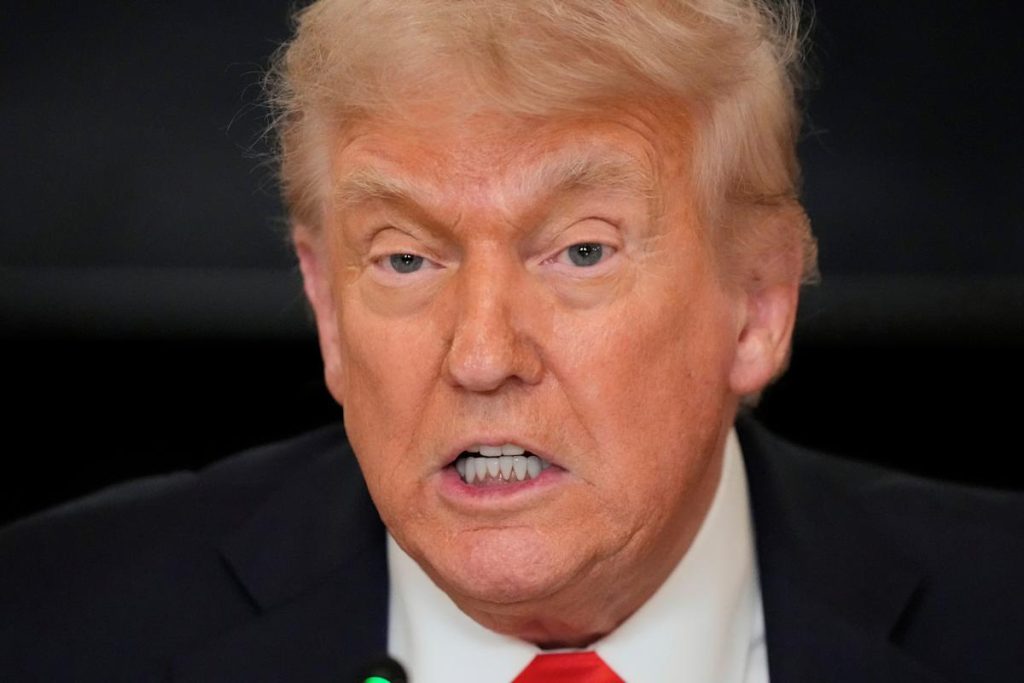Few people pay attention to import and export data, which are among the weedier metrics of the economy’s health. But these wonky numbers are giving some startling insights into the challenges everyday shoppers may be facing in a month or two or three.
Imports plummeted in April, falling by 20% from the prior month. That’s the biggest decline in data going back to 1992. It’s considerably worse than the drop in imports at the onset of the COVID-19 pandemic in 2020.
Does anybody remember what shopping was like during COVID?
Aside from the masks and sanitizer, there were widespread product shortages followed by soaring inflation. People didn’t mind at first, since many were stuck at home without much to do. But inflation got quite irksome after a couple of years, and it sank Joe Biden’s presidency, along with Democratic electoral odds in 2024.
We’re not yet facing COVID-style shortages. But we might be if President Trump’s trade war drags on through the fall and summer.
Imports plunged in April because that’s when Trump started slapping new import taxes on practically every product entering the United States. So far, Trump has raised the average tariff tax on imports from 2.5% to about 18%.
Read more: What Trump’s tariffs mean for the economy and your wallet
Prices haven’t shot up yet because many of the American companies that import goods saw this coming and stocked up ahead of the Trump tariffs. Imports jumped by a record amount in January and were elevated for the first quarter as a whole. Swollen inventories have kept supplies ample and prices in check.
If April represents the new trend line, however, a sharp drop in imports will inevitably lead to higher prices and some shortages. “The impact of tariffs will continue to reverse progress on returning inflation to 2%,” Goldman Sachs explained in a recent analysis. “Our forecast reflects a sharp acceleration in most core goods categories, where tariff-related increases in prices will be most acute in consumer electronics, autos, and apparel.” The firm expects overall inflation to rise from 2.3% now to 3.5% by December.
Drop Rick Newman a note, take his weekly economy quiz, or sign up for his newsletter.
American importers are handling the Trump tariffs in a variety of ways. Some are taking normal delivery of goods and paying the higher taxes. We know that because tariff revenue collected by the government soared in April and May. The higher cost of imports will eventually make its way to consumers via higher prices.
Many other importers have canceled or postponed orders, hoping that Trump will make trade deals and future tariffs will be lower than current ones. They’re also watching two high-profile cases in which courts have said some of Trump’s tariffs are illegal, while leaving them in place until appeals play out.



